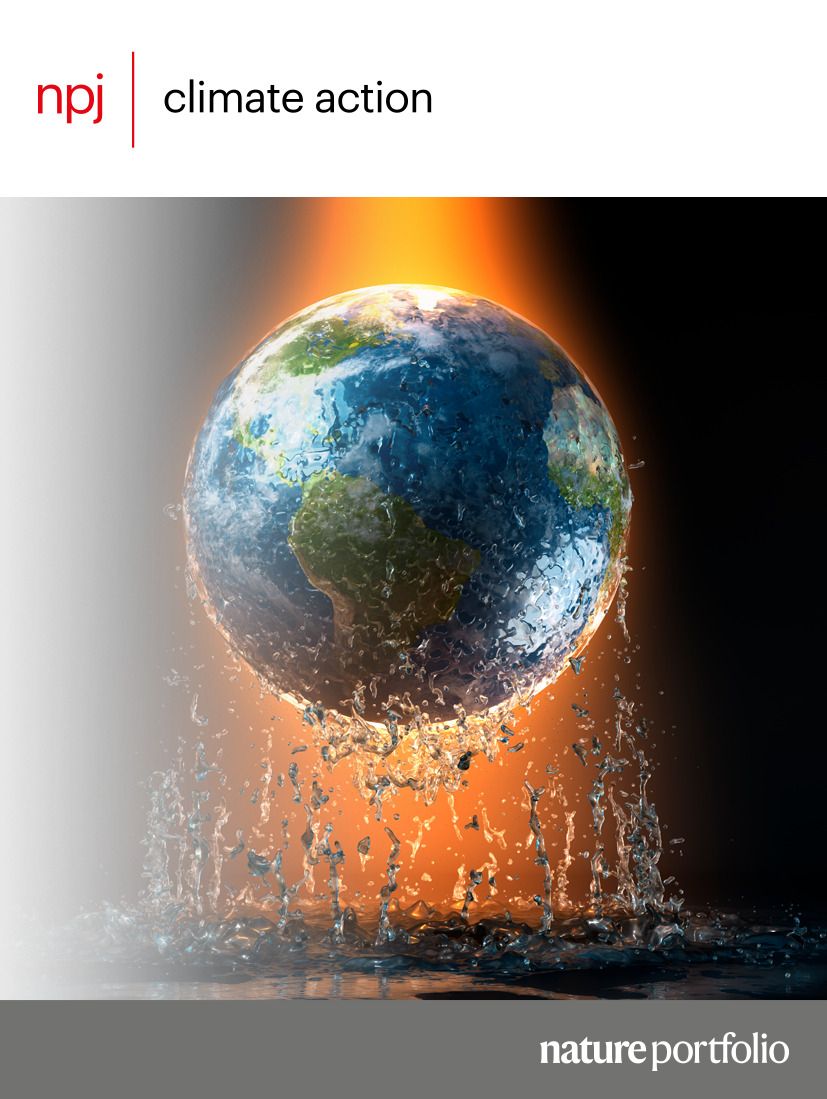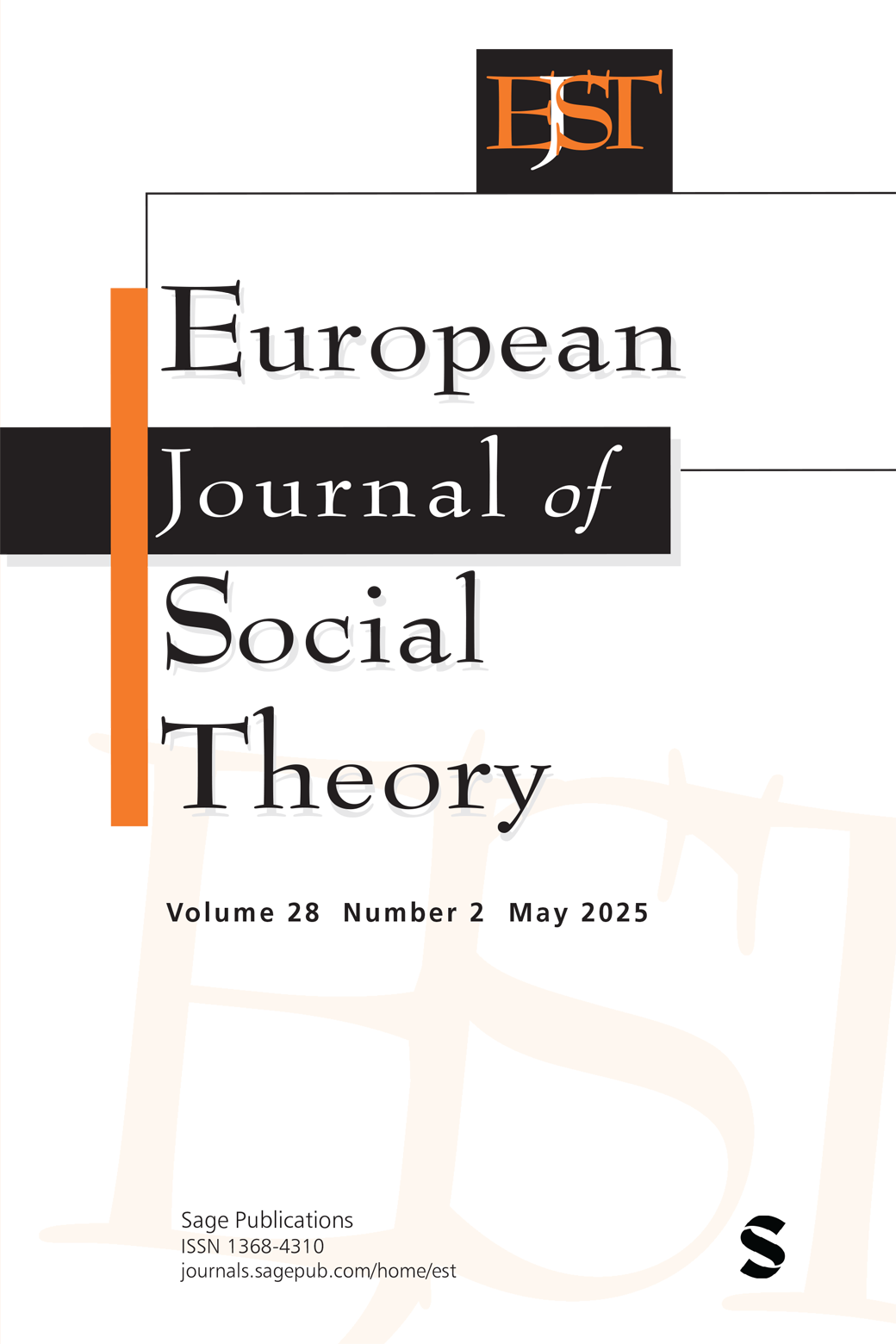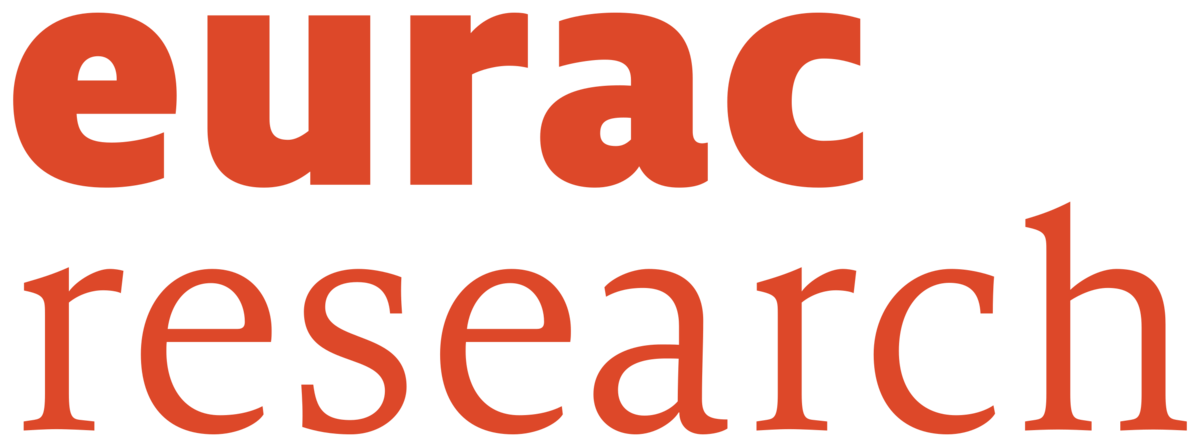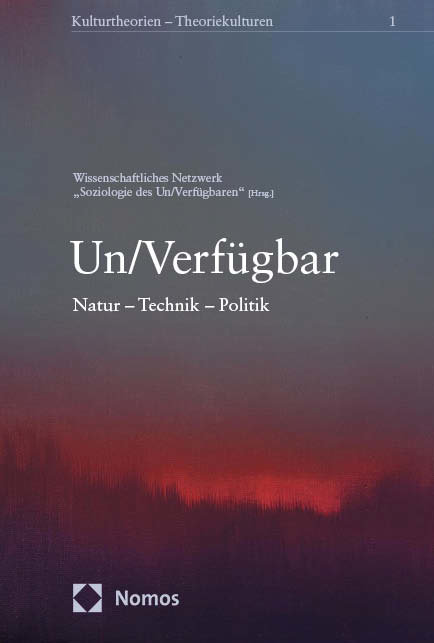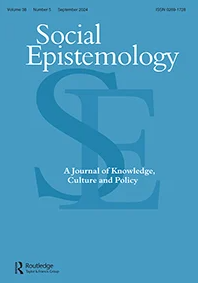Publication notice (March 2025) #6
Geopolitical conflict impedes climate change mitigation
Block, K./ Li, M./ Gärtner, J./ Lenzen, M. (2025): Geopolitical conflict impedes climate change mitigation. In: npj Climate Action 4, 33 (2025)
Abstract:
There is ample debate and publication on climate change causing conflict. On the contrary, a Conflict=>Climate-nexus, i.e. the detrimental impact of conflict on mitigation has not been systematically charted anywhere. In this work, we aim to elucidate the adverse effects of conflict on climate change. Within this nexus, we find a remarkably large number of causal pathways hampering mitigation, including reduced political cooperation, shifting trade relations, increased self-sufficiency, diversion of funds, military vehicle emissions and asset destruction. We argue that increasing global fragmentation and conflict means that mitigation will likely be even more obstructed in the future. Therefore, elucidating the Conflict=>Climate-nexus has significant implications: Considering Conflict=>Climate evidence confirms substantial disruption of mitigation efforts and even additional emissions, and therefore strongly suggests that current IPCC scenarios are likely too idealistic and optimistic. We conclude that if we are to understand future mitigation challenges in their entire complexity and gravity, it is essential to develop scenarios that consider conflictive geo-political and associated socio-economic disruptions.
Link: https://www.nature.com/articles/s44168-025-00224-7
Publication reference (April 2025) #5
The dispositif of a closed future and the paradoxical effects of the eco-emancipatory project
Zierott, L./Block, K./Bohmann, U./Ernst-Heidenreich, M./Laux, H. (2025): The dispositif of a closed future and the paradoxical effects of the eco-emancipatory project. In: European Journal of Social Theory.
Abstract:
We analyze paradoxes of a dispositif of a closed future generated by the successes of the eco-emancipatory project (EEP). The current anticipation of an impending climate catastrophe fosters a societal regime that prioritizes preemptive actions, closing the future to alternative paths. By applying Foucault's concept of the dispositif, we examine how this regime paradoxically leads to the revival of nuclear power, which not only contradicts those parts of the EEP originating in the anti-nuclear movement, but also inadvertently constricts democratic decision-making, empowering right-wing populist forces to present themselves as champions of an open, malleable future. Through a critical analysis of this shift, we identify unintended consequences of the EEP, which foster a technocratic and restrictive approach that ultimately reinforces authoritarian dynamics and undermines its ecological and democratic aspirations. The study contributes to debates on future imaginaries, exploring how current anticipatory climate politics operate while creating tensions between ecological responsibility and democratic ideals.
Link: https://doi.org/10.1177/13684310251334944
Katharina Block is awarded Fellowship of the Stiftung Südtiroler Sparkasse
Katharina Block was awarded the Residential Global Fellowship of the Stiftung Südtiroler Sparkasse.
She will take up this fellowship in July 2025 at the Institute for Advanced Studies of EURAC Research in Bolzano, Italy:
(Link)
Publication reference (December 2024) #4
"Un/Verfügbar | Natur - Technik - Politik"
The anthology “Un/Verfügbar” will be published in December with contributions by Prof. Katharina Block and Jan Gärtner from the Chair of Sociological Theory.
(Link)
Abstract:
Im 21. Jahrhundert kulminiert die Verfügbarmachung der Welt, des Selbst und des Sozialen in einer stetigen Zunahme komplexer gesellschaftlicher Transformationsereignisse. Entwicklungen in Ökologie, Technik und Politik lassen zunehmend Erfahrungen des Unverfügbaren hervortreten, wo zuvor Verfügungsgewissheit herrschte. Die Konfrontation mit ökologischen, sozio-technischen und politischen Ereignissen wird primär in Erfahrungen des Ungewissen, der Unabsehbarkeit, der Orientierungslosigkeit und des Unkontrollierbaren artikuliert, kurz: in Erfahrungen des Un/Verfügbaren. Der Band untersucht diese spätmoderne Spannung des Un/Verfügbaren in paradigmatisch vielfältigen Perspektiven auf ökologische, technische und politische Herausforderungen unserer Zeit.
Publication reference (October 2024) #3
Epistemic Caring. An ethical approach for the co-constitution of knowledge in participatory research practice.
Block, K. (2024): Epistemic Caring. An ethical approach for the co-constitution of knowledge in participatory research practice. In: Social Epistemology. A Journal of Knowledge, Culure and Policy.
Abstract:
Inspired by interviews conducted with scientists who primarily use participatory research forms, the article develops the concept of epistemic caring as a proposal for a participatory research practice that is sensitive for epistemological difference and the associated consequences. Based on the observation that participatory research has so far hardly been able to produce an equal co-constitution of knowledge, the article points out epistemological pitfalls that exist in it and analyses two specific concepts as examples of the risk of problematic epistemological and hegemonic tendencies sneaking into this kind of research practice with harmful consequences for the non-academic participants, that is: empowerment and participation/co-production. Following the recent debate on care in the Environmental Humanities and Karen Barad’s methodological thoughts on diffraction, the article reconceptualizes participatory research as a matter of care consisting of multiple care relations in order to be able to grasp the complex epistemic entaglements and intra-dependencies contained within it. Conceiving these relationships between academic and non-academic participants as an ecology of care themself helps to understand that they are fundamentally precarious and transformative and thus inherently ethical.
Link:
https://www.tandfonline.com/doi/full/10.1080/02691728.2024.2407639
Katharina Block discusses “The end of the ecological project?” (October 2024) #2
On October 17, Katharina Block will be a panelist at a discussion at the Vienna University of Economics and Business. Together with Ingolfur Blühdorn, Stephan Lessenich, Doris Helmberger-Fleckl and Veith Selk, she will be debating the topic “End of the ecological project? Towards a different modernity”.
Further information:
Zeiten der Digitalisierung/Digitalisierte Zeiten? (July 2024) #1
Workshop - Call for Participation
In cooperation with the Humboldt Institute for Internet and Society, the working group Digitalization as a Challenge for Sociological Theory of the DGS Section for Sociological Theory will hold a workshop on 28 and 29 November 2024 with the aim of addressing the relationships between digitalization processes and social concepts of time, structures of temporality and the experience of time. The aim of the workshop is to open up a dialog between different perspectives in order to intensify the treatment of this previously neglected topic and to bring together established and new approaches.
A social-theoretical thematization of digitalization is by no means new and is quite diverse: depending on the perspective, digitalization is described as inherent to modern societies (Nassehi, 2019) or it produces an excess of meaning in a new media era (Baecker 2017), its significance for basic understandings of autonomy is examined (Block & Dickel, 2020) or, in future-oriented analyses, it can represent the enabling conditions in ideas of a positive technocracy for future, adaptive social formations (cf. Staab 2022). Various critical analyses are also included: The process of digitalization is questioned with regard to phenomena of interpretative power (Brumme 2020) or as the basis of a specific form of capitalist value creation (Zuboff, 2018) or, in a positive framing, as its end (Mason 2018), and provides an opportunity to analyse specific possibilities of
behavioral control (Barth et al., 2023). Ultimately, however, digitalization also raises very fundamental questions about sociological concepts and the self-evidence of their terminology and stimulates a re-evaluation of these (Block/Pohle 2023).
Sociological discussions of time as a dimension of social order (cf. Lindemann 2017) have an even longer tradition (Durkheim 1981, Elias 1988, Giddens 1984, Castells 2001, Rosa 2005). While time can be attributed a constitutive role, especially for modern forms of socialization (e.g. in the context of the open, shapeable future (Dickel 2020, Kaiser 2015a)), there is only a partial consideration of the (re)formation of time references through digitalization (e.g. the concept of digital time in Lindemann (2017)).
It can be assumed that increasingly digitalized socio-technical constellations are producing a variety of new temporal structures. These can be experienced within the life-world not only in the intensification of digitalized practices, the increasing use of digital technology and the growing influence of digital logics (e.g. on the production of futures), but also through their penetration of social organization. For the social-scientific investigation of these multiple points of contact of digitalization on concepts of time and the experience of time, the theoretical and methodological tools must be arranged and possibly readjusted.
The following topics offer possible, but by no means exhaustive, starting points for the workshop:
1. possibilities of computer-aided digital modeling of societal developments and processes developed in recent decades suggest new kinds of references to the future. For example, the computerized modelling and projection of possible and probable futures in climate modelling (cf. Gettelman/Rood 2016) implies a specific future regime which, due to the prominent position of the results from the Earth system sciences, is or will potentially be effective in other contexts (cf. Block 2024).
2. narratives about the potentials and dangers of modern digital AI systems also reveal clear references to the future. For example, the discursive closure of futures that are assumed to be open in principle (Kaiser 2015b) occurs when the occurrence of singularities is assumed to be unavoidable (Bostrom 2016).
3 In addition, numerous other digital practices (such as activities on social media, on-demand streaming, etc.) generally raise questions about their temporality and the change in the relationship between lifeworld and temporal experience. The guiding question here is always how a possible change in temporality and the reference to time due to the spread of digital technologies and logics can be understood and analyzed from a sociological perspective.
The aim of the workshop is to bring together different theoretical perspectives on the connections between time and digitalization and thus gain an expanded access to the temporal effects of digitalization on structures, experiences, actions and practices in modern social formations. As part of the workshop, various approaches and perspectives will be presented and discussed by the participants in order to ultimately develop the integration or at least a contextualization of the various approaches and thus create a basis for further discussion of the topic.
We cordially invite you to participate in the upcoming workshop at the HIIG in Berlin. If you are interested, please submit a short research outline (1-2 pages) outlining your approach to this topic by August 18th. After the submission deadline, a selection of the outlines will be made. The selected contributions, each commented on by another workshop participant, will serve as a basis for the discussions during the workshop. The comments should be submitted by October 31.
The aim is to jointly publish the workshop results in the form of a special issue, anthology or similar format. We ask for the submission of research/article outlines on this topic by 18.8.2024 via e-mail to: digizeit.isd@uni-rostock.de. Submissions from young researchers and from disciplines outside sociology are explicitly welcome. Please note that the number of participants is limited to 20 people.

